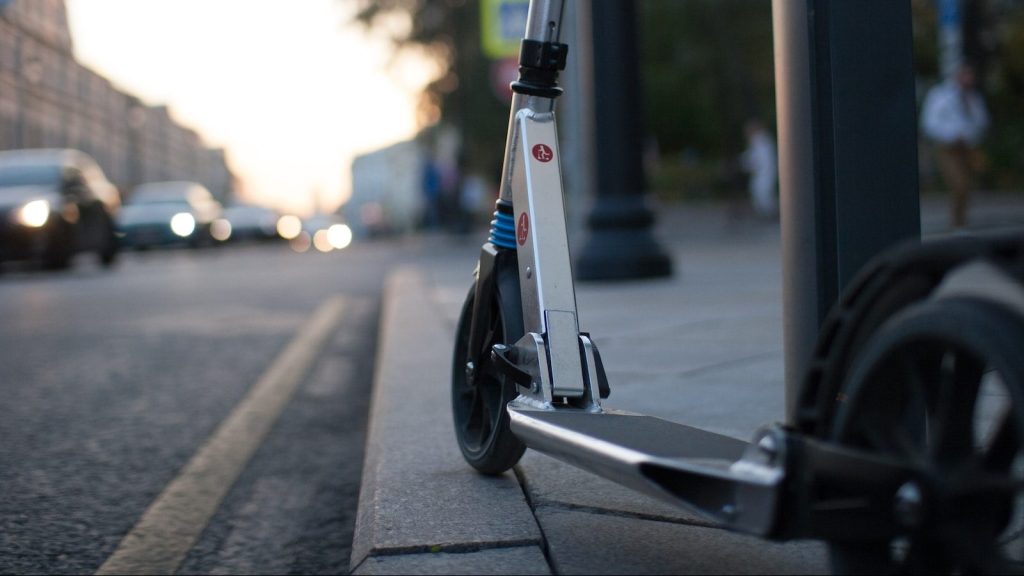COVID-19 screening measures stepped up at Canadian border crossings

Posted March 6, 2020 7:27 pm.
Last Updated March 7, 2020 4:05 am.
VANCOUVER (NEWS 1130) — Travellers coming into into Canada by car, bus, ferry, or train can expect a couple of new COVID-19 related screening questions at border crossings.
Canada Border Services Agency confirms it began implementing “enhanced screening measures” Thursday and they came into effect nation-wide Friday.
The questions will focus on whether or not people have travelled to Iran in the last 14 days, and will screen for symptoms of the virus.
“Enhanced measures are being implemented in the land, rail and ferry modes based on the evolution of COVID-19 and the increasing number cases occurring outside of mainland China, as well as recognizing that a number of travellers who eventually seek entry into Canada arrive in the US first,” reads an email from the agency.
Two new #COVID related questions before entry from Canada Border Services Agency at a Blaine crossing:
—Have I been ill in the last 14 days, and;
—Have I been to Iran in the last 14 daysOver weeks of daily crossings, this is the first time agents asked health questions.
— Peter Wagner (@peterjontheair) March 5, 2020
In addition to extra screening questions, CBSA says travellers can expect to be greeted with the following:
- A mask kit consisting of a surgical mask and one-page instructions on how to use a surgical mask for “travellers of concern”
- Instructions for travellers who have been in the Province of Hubei, China or Iran to monitor themselves for symptoms, to self-isolate at home for 14 days, and to contact local public health officials if they develop symptoms in the next 14 days
- A Public Health Agency of Canada Coronavirus form for travellers to fill out, which allows health authorities to monitor and track those who have been identified as a potential concern and were asked to self-isolate
The screenings will be done by border officers with assistance from public health staff when necessary.
“CBSA officers are conducting the initial screening of the travellers and are referring those experiencing flu-like symptoms to a Public Health Agency of Canada staff member for further evaluation. Should a situation arise where a border services officer must be in close proximity to a potentially infected traveller for a prolonged period of time and/or be in physical contact with secretions from a person who is ill, then the appropriate personal protective equipment is readily available and used per existing standard operating procedures,” the agency writes.
The agency says the new measures alone will not stop the spread of the virus, but they can make a difference.
“Entry screening alone is not a guarantee against the possible spread of this new virus but is an important public health tool during periods of uncertainty and part of a multilayered government response strategy,” the statement concludes.
With files from Renee Bernard










